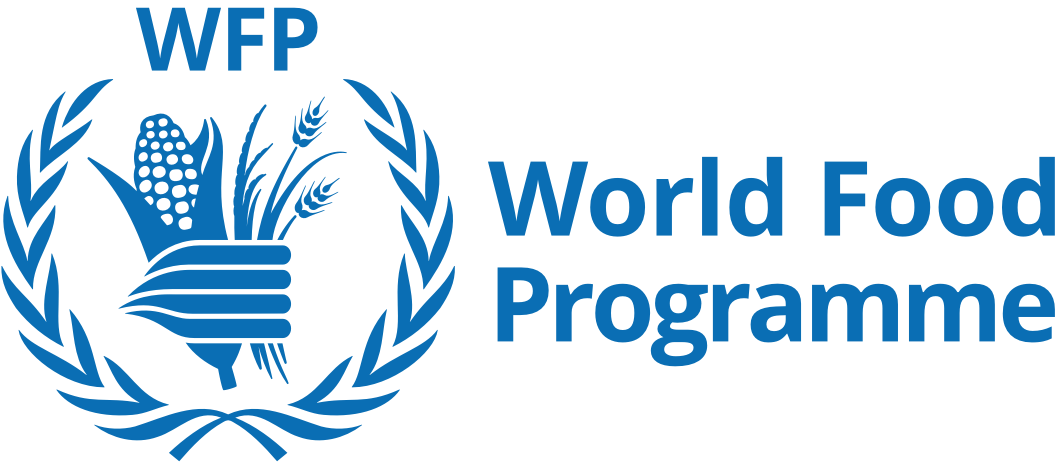Who are we?


The ACAPS Yemen Analysis Hub was set up to conduct integrated analysis in support of humanitarian and development stakeholders working on the Yemen crisis. Being a non-operational organisation, we strive to support the understanding of humanitarian needs and developments in Yemen by analysing the available data in an unbiased and intersectoral manner.
We have a dedicated team of analysts in Amman, with a supporting team of technical experts in secondary data analysis, needs assessment, scenario-building, risk, and analysis capacity-building, ready to provide:
- Thematic analysis to build a better understanding of context and needs
- Forward-looking analysis, including scenario-building
- Local analytical capacity building through technical support and training
- Support to local responders with data management and analysis
The Yemen Economic Tracking Initiative (YETI) dashboard and dataset track key economic trends, developments, and risks to support economic policymaking for Yemen. YETI provides a greater overall and comparative understanding of the current political-economic situation in the country.
We collect qualitative data through daily media monitoring, secondary data reviews, thematic products, and discussions with regional experts. We collect quantitative data through publicly available platforms, including Telegram, WFP Vulnerability Analysis and Mapping, the Humanitarian Data Exchange, and the World Bank.
While we aim to include admin-level data, some information is only available at the governorate or country level. There are major impediments (including methodological limitations) to collecting information.
ACAPS cannot guarantee the reliability and accuracy of data. We strongly recommend that users analyse the main source cited and interpret the data accordingly. Regarding qualitative information, ACAPS is not responsible for the words and language used and the information provided.



